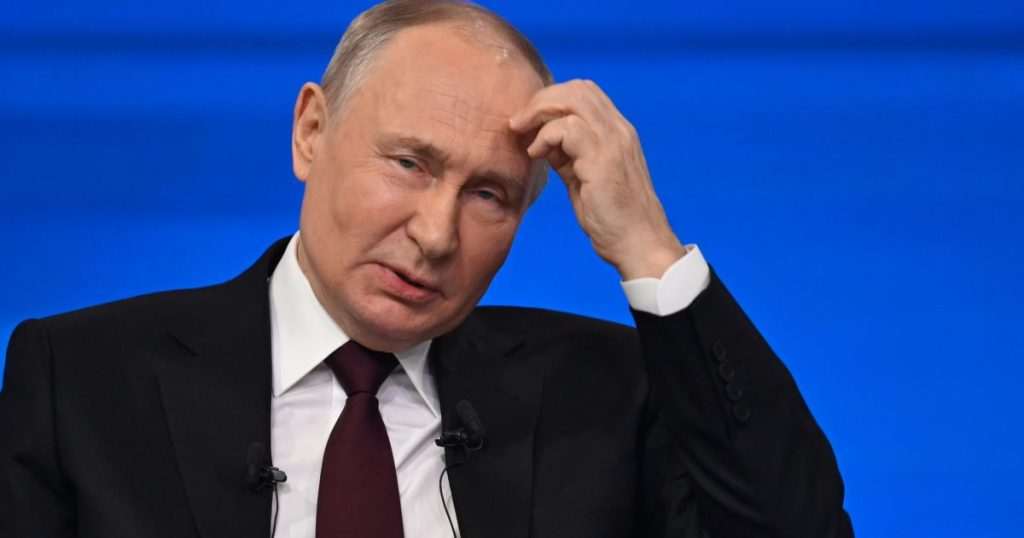NATO on Alert as Warnings of New Russian Aggression Surface
Others are reading now
Europe has lived through decades of uneasy peace since the end of the Cold War.
For many people, the idea of another major conflict on the continent felt like a chapter that had already been closed.
Yet in recent years, that sense of safety has been shaken. The war in Ukraine has shown that borders in Europe can still be redrawn by force, and now there are growing fears that Moscow’s ambitions may not stop there.
Old Soviet Ideologies
According to the Institute for the Study of War (ISW), the Kremlin has been shaping its message to justify possible action against Moldova and the Baltic states, reports Express.
This messaging leans on the claim that Russia must protect its “compatriots abroad.”
Also read
Moscow also argues that these former Soviet republics are part of the “Russkiy Mir,” or “Russian world,” an idea used to promote cultural and political influence beyond Russia’s borders.
Experts point out that this is the same reasoning used to defend the invasion of Ukraine in February 2022.
In May, Western intelligence agencies warned that Russian security services were still running hybrid operations against the United States and its allies.
They described this as preparation for a possible larger war with NATO.
The Country at Risk
A joint cybersecurity advisory from the US and several partner nations—including Germany, Poland, Australia, and others—stated that Russia’s military intelligence had targeted the defence, transportation, and IT sectors in NATO countries, as well as in Romania, Moldova, and Ukraine.
Also read
Now, some analysts believe Russia could be setting the stage for new moves in Eastern Europe.
Rebekah Koffler, a Russian-born former US intelligence officer, wrote in The Telegraph that she agrees with Dutch Prime Minister Mark Rutte’s view that Russia could be ready for another major military campaign within a few years.
She doubts that NATO territory would be first in line unless the alliance directly sends troops into Ukraine.
However, she warns that countries like Moldova could be at risk. Koffler says Russia aims to weaken NATO’s ability to coordinate its forces by targeting the systems that handle command, communications, intelligence, and surveillance.
She argues that NATO members need more than increased budgets. They must understand their own weak points.
Also read
And they should remember that the Kremlin often prefers indirect strategies over direct confrontation.
This article is made and published by Anna Hartz, who may have used AI in the preparation


